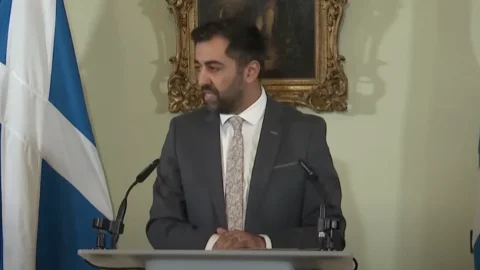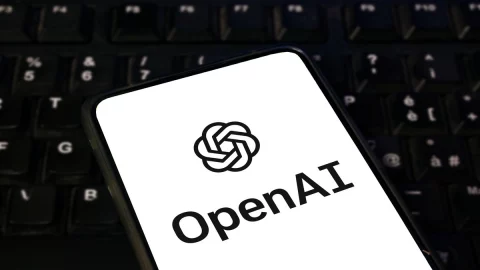The innovation model identified by the Californian economist Henry Chesbrough which goes by the name of "Open Innovation” and which corresponds to a model whereby companies can resort to external resources such as startups, universities or other companies not necessarily connected to the supply chain, has become a course of study at Luiss. There teacher's desk, strongly desired by Fabrizio Di Amato, chairman and majority shareholder of Maire Tecnimont Group and Andrew Prince, Rector of Luiss, was assigned to the professor Henry Chesbrough who is also director of the Garwood Center for Business Innovation at the University of California at Berkeley.
The chair is still financed by the Maire Tecnimont group, a multinational with a highly technological DNA. Currently an international leader in plant engineering, mainly in the hydrocarbon sector (petrochemical, fertilizers, oil & gas refining). It is a company listed on the Milan Stock Exchange since 2007, with more than 1.500 patents behind in the various sectors of reference. The group is growing in terms of size and results. It employs approximately 9.300 professionals in over 45 countries through 50 operating companies.
Open Innovation has revolutionized the contemporary business world by opening up to external partners. A method of business development that aims to promote with this union of resources innovative ideas with the support of the tech. The difference compared to the past is the active involvement of the internal and external team in the development process which, with this continuous contamination between different professional realities, manages to give life to successful projects.
The Rector of Luiss Prencipe took care of explaining this difference well, who, on the day of the inauguration of the chair, focused precisely on theelement of differentiation fundamental between Open Innovation and other forms of collaboration for innovation, namely “the search for non-obvious partnerships which can therefore offer knowledge, ideas, skills, unconventional information, unexpected, unthinkable and sometimes unthinkable”. In short, it is a bet on eclecticism, transparency, sharing and the multidisciplinary aspects of research.
The value of the project goes beyond the objectives of mere teaching. Indeed, a research project on the analysis of the principles underlying the discipline. Companies with this specific training will have the opportunity to pursue crucial objectives in the social, economic and environmental sustainability fields. Open Innovation has also radically changed the method of acquiring essential knowledge. Prof. Chesbrough's words bear witness to this: “Corporate innovation must systematically capitalize on collaborations, ideas and external resources with respect to the classically understood corporate perimeter. From start-ups to the global market of ideas and patents, this model illustrates better than the previous ones why a company no longer needs to control, almost own, the innovation processes from start to finish”.






